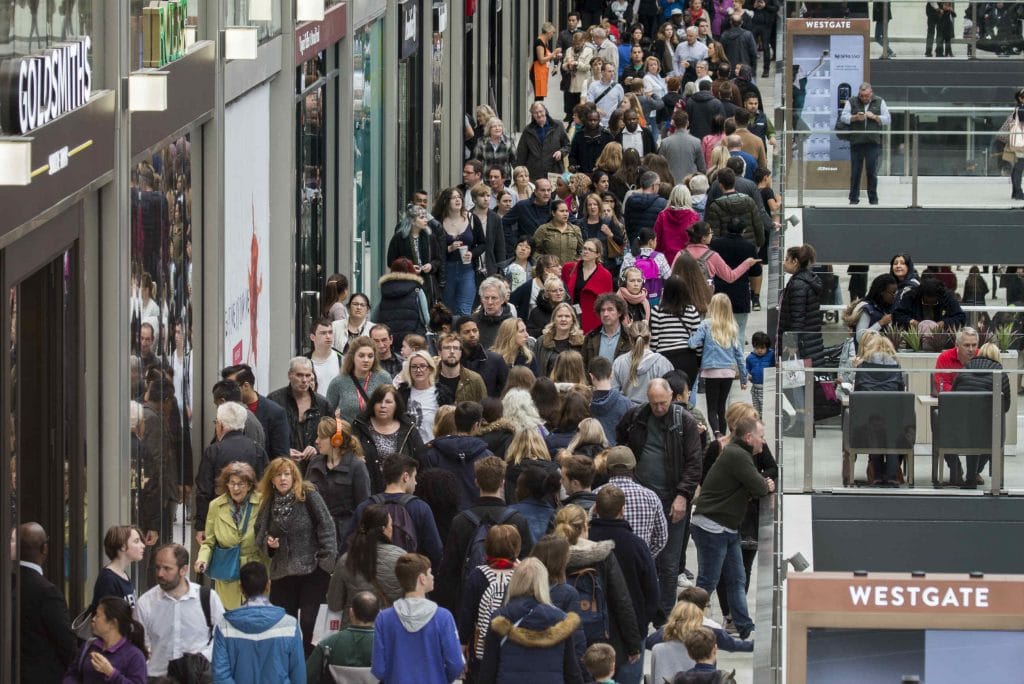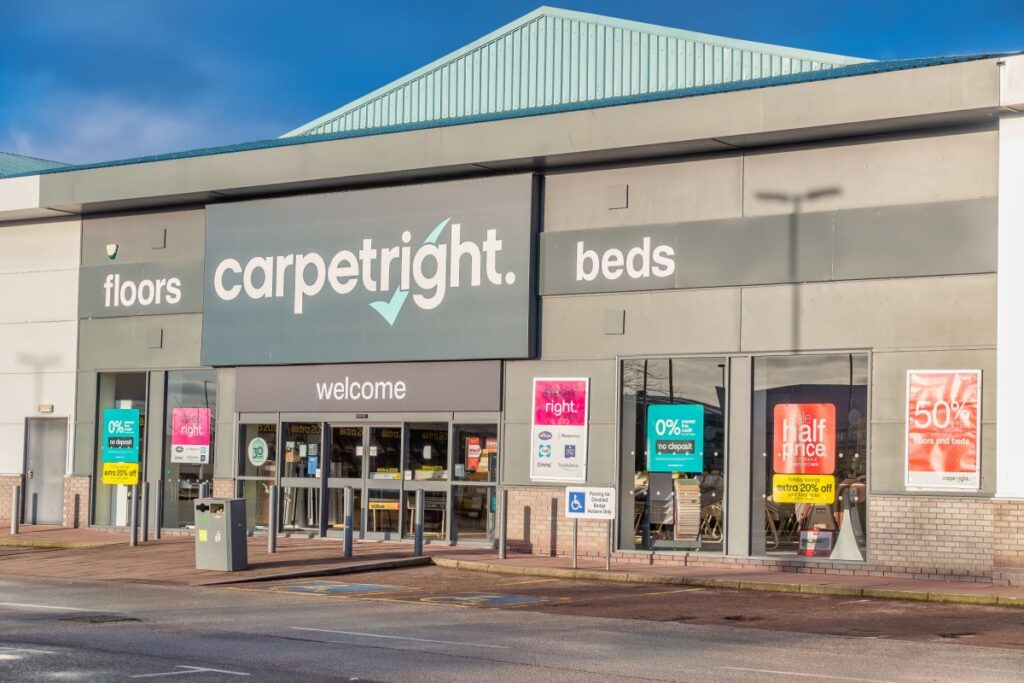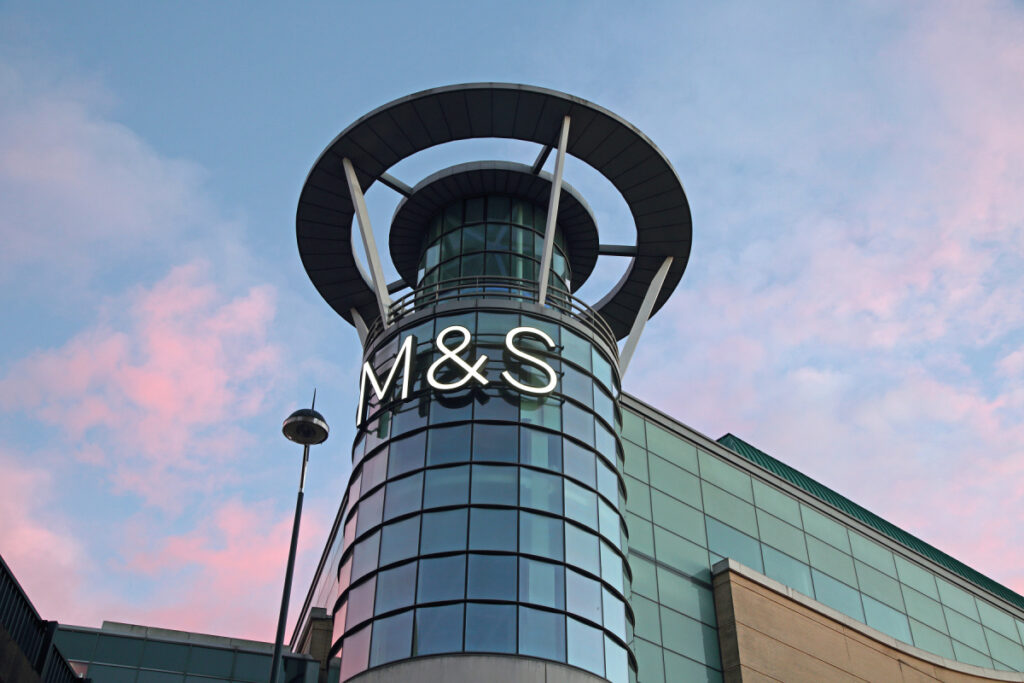There’s an old truism that the first step towards finding a solution is to accept you have a problem in the first place. This applies to so many aspects of life, business and politics being just two.
So it was with a sense of resignation that I read a recent story in a local Oxford paper about a small business that had been forced to close in the city centre due to poor trading conditions.
In the article the owners of the Combibos Coffee shop, characterised the city as having “lost its sparkle” and claimed that this was one of the principal reasons they closed their business in the heart of Oxford after 12 years.
A week or so later there was a follow up article in which the city council made some characteristically nebulous claims about their support for small business like Combibos. Specifically the councillor responsible for city centre issues, Mary Clarkson, claimed that the council had provided business rates relief to “many small businesses”.
This rather piqued by interest as I’d actually tried to obtain rates relief from the council myself in 2014 just before closing down my own store in the city centre after 20 years of trading. I’d been fairly unceremoniously knocked back so wondered how many businesses had ever actually received such support.
An FOI request soon gave me the answer : virtually none.
The 2011 Localism Act gave councils the right to apply their own local rates relief to businesses suffering from hardship. On this basis the city council had indeed given concessions, but to only 6 small businesses falling into a very narrowly defined category set by the council. Personally I wouldn’t describe six as “many”, even though I’m sure each one was grateful for the support.
So it seemed to me that Councillor Clarkson’s claims were not only gilding the lily, they were gold plating half the flower bed!
In an open letter to her I suggested this might be the case. Their response to the local paper (not to me I should add) was to detail every form of business rates relief applied to businesses in the city amounting to around £31m in total.
To the uninitiated that seems like an admirable amount, until you strip out all the reliefs that are government mandated and mostly applied before the rates bills are ever sent out. Such things as transitional relief, empty property relief and even local newspaper relief were included in the council’s list.
READ MORE:
As most of us will know, none of these schemes are discretionary and most don’t specifically apply to small businesses alone. They are all mandatory and nothing to do with local government initiatives.
It seemed to me that the council were trying to claim credit for something they had no part in. In fact the total amount the city had given in rates concessions to the six businesses identified in the response to my FOI request amounted to a little over £40,000.
The reality of trading in Oxford, particularly for smaller retailers, is somewhat grim. The streets are unloved, public areas are badly managed and rammed with tour groups who rarely spend in the shops, but do push up footfall numbers that the council are fond of frequently citing. It’s a pale shadow of the vibrant city I opened my first store in in 1994.
Smaller retailers are not valued by the council’s Labour leadership. Indeed they have a somewhat bipolar attitude towards business in general. This vacillates between distrust of evil capitalism and the starry-eyed enablement of any large corporation that wafts into town dragging buckets of cash behind them.
Traditionally the council has been in the thrall of the local university who ultimately own much of the city centre, but more recently their capitulation to big capitalism has been demonstrated in the building of what has become that rarest of beasts in recent years – a new shopping mall.
The redevelopment of the Westgate Centre had been in the offing for most of the 20 years I traded in the city, but it was in general more offing that onning. In 2017 it proved to be a project whose time had come. The only trouble was, that time was about 10 years too late.
Many units remain stubbornly un-let nearly a year on from it’s faltering opening, when parts of the centre were still un-finished. But it has had a massive impact on the rest of the city as many commentators predicted, myself included. Having cannibalised trade from other parts of the city, empty stores now litter what were previously busy trading areas like broken teeth.
The council makes many of the right noises about smaller retailers and proclaims much love for the covered market in the heart of the city which it owns and which houses a range of independents. It’s a traditional area that could easily have been touted as an independent shopping mall in tandem with the modern chain stores equivalent at the other end of town.
However in recent months the term ‘dropping like flies’ has been applied to the number of retailers failing in the market. A situation made worse every five years or so when rent review negotiations with the council invariably become acrimonious. In practical terms the council has done very little to negate the impact of the new centre opening, although they are apparently about to fix the roof.
It’s in this environment that smaller retailers are crying for help. But these calls are falling on the deaf ears of a council who doesn’t understand how retail works or how the commercial property market functions. One previous leader infamously claimed that having more empty units in the city centre would drive down rental values. Presumably not something he included as a selling point to the developers of the new Westgate Centre.
Specifically on business rates there’s an obvious blind spot in the council’s understanding of how reliefs are applied. Either that or they’re deliberately trying to pull the wool over the eyes of the locals.
We all know that local authorities are cash-strapped. Government funding cuts mean that they are unlikely to prioritise giving concessions to what are, after all, private enterprises. But small retailers are often contributing more to the local economy than larger operations.
They will re-invest in the local community, either through the spending of the owner/operators who are more likely to live in the area, or by providing additional local amenity and jobs. Multiples tend to move money away from an area and into the pockets of remote shareholders.
Either way the lack of support for smaller high street operators and the increasing burdens of business rates is a subject that continues to occupy the thoughts of campaigners for independent retail. The lack of genuine rates reform is something that has long been a criticism of central government.
That debate can be more full informed by local councils entering into the fray and explaining how they are unable to provide the support that is desperately needed, even though they theoretically have the means to do so. It’s not helped by a council trying to obfuscate that paradox by claiming spurious responsibility for rates relief that has nothing to do with them.
Judging by responses online to the local news stories surrounding my comments, this is something that many people, consumers and retailers alike, feel strongly about. I’m hoping this will inspire a more informed debate in the near future, not just in Oxford, but nationwide.
Sadly though I’ve yet to receive a personal response to my letter to the council, although they have promised to issue a fuller statement to the media in due course.
I shall continue to wait with breath freshly baited.
Click here to sign up to Retail Gazette‘s free daily email newsletter


















